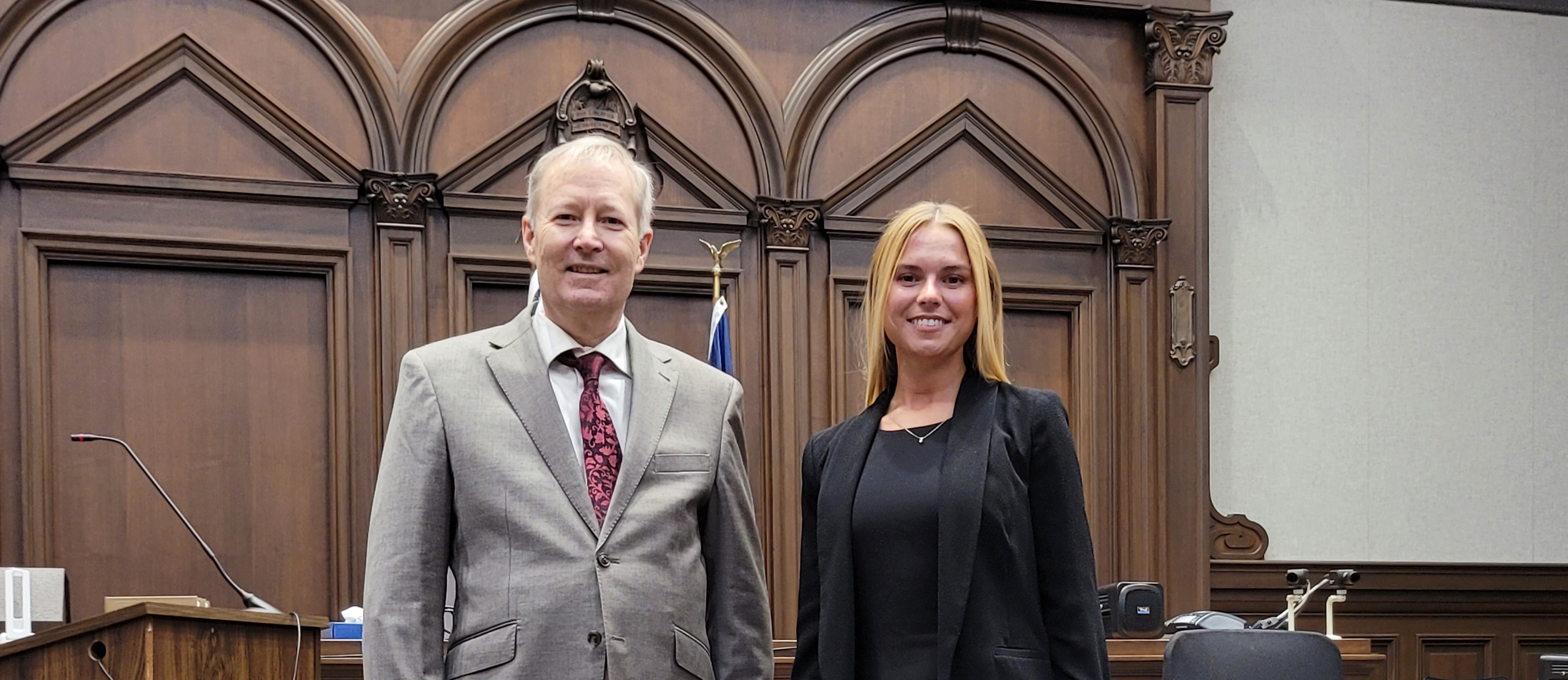Conflict Mitigators. Place Your Trust in Us

Planning for Your Child’s Care in The Case of Death or Disability
What would happen to your child if you died or became too disabled to provide care? It’s understandable that no parent likes to think about these questions, but in addition to creating a will, you must give this thought to create a plan for your child.
What Happens to Your Child if You Die or Become Disabled?
If you die or become disabled while your child is a minor, your child will typically be cared for by their other parent, even in cases of divorce. If both parents pass away, and you have not made other provisions, your child may end up in the foster care program or have a court-appointed guardian.
The law allows you to name a guardian for your child, someone who can provide care for your child if you are unable to do so. Naming a trusted guardian who knows and loves your child can bring you peace when you contemplate the unthinkable.
The guardian’s role is to take care of your child, the way you would, and to make decisions in their best interests. Since the guardian will care for your child until they reach 18, it’s important that you choose someone you trust — and more importantly, someone your child trusts.
Considerations when Appointing a Guardian
The best guardian for your child is someone who is willing and able to care for them and who shares values with you. To narrow down the pool of potential guardians, ask yourself:
Is this person physically able to care for my child?
Is this person financially stable?
Does my child already have a bond with this person?
Will my child have to move or change schools to live with this person?
Does this person have children of their own, and how will this affect my child?
Does this person share religious and personal values with me?
Will this person be a good parent for my child?
Many parents choose an alternate guardian, in addition to the primary named guardian. This provides a legal backup in case the person you named is unable to serve as guardian. Some parents name co-guardians to share the responsibilities. You may wish to name a brother and sister-in-law as co-guardians, for example.
It’s a good idea to talk with anyone you’re considering appointing a guardian first. Don’t assume that an aunt or a cousin will be willing to take care of one or more children if something happens to you. If you have multiple children, you must decide whether to split them up or ask one person to take care of all of them.
A family law attorney can help you complete the right paperwork to name a guardian in the event of parental death or disability. Think carefully about who is the right choice to care for your children, then complete the paperwork so you know your children are provided for, just in case anything happens.
Contact Daniel Willems to learn more about planning for your child’s future care.
